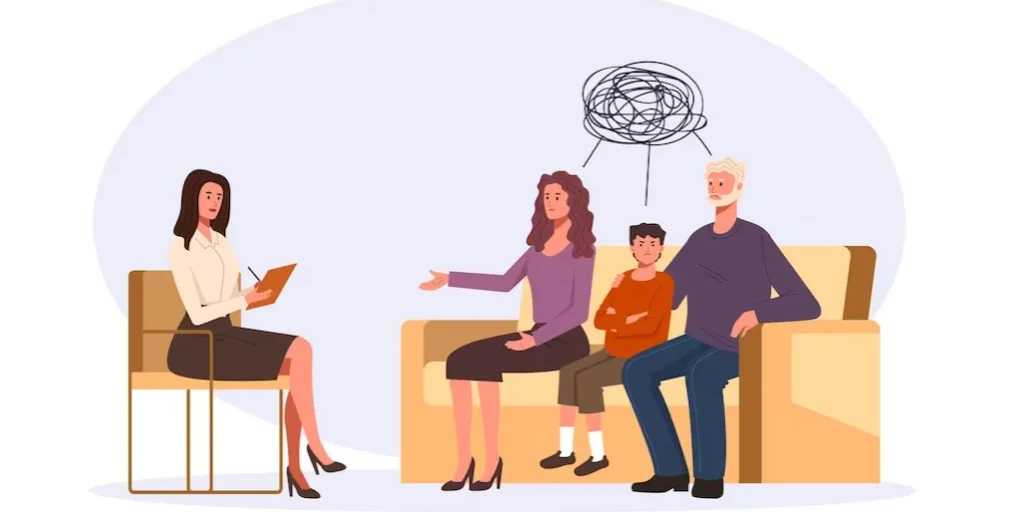24/7 Helpline:
(866) 899-111424/7 Helpline:
(866) 899-1114
Other Insurance Options

Oxford

CareSource

State Farm

Covered California

Molina Healthcare

Medical Mutual of Ohio

MHNNet Behavioral Health

Optum

MVP Healthcare

BlueShield

Sliding scale payment assistance

United Health Care

UnitedHealth Group

ComPsych

Highmark

GEHA

WellPoint

American Behavioral

Kaiser Permanente

Private insurance



NorthEast Washington Alliance Counseling Services
NorthEast Washington Alliance Counseling Services - Hawthorne Avenue is a diagnostic and treatment c...


























































































































































































































Crisis Intervention Counseling
Crisis Intervention Counseling is a private rehab located in Colville, Washington. Crisis Interventi...

AA – Alcoholics Anonymous
AA – Alcoholics Anonymous is a non-profit rehab located in Colville, Washington. AA – Alcoholics Ano...

Spokane Tribe Behavior Health Agency
Spokane Tribe Behavior Health Agency is a public rehab located in Wellpinit, Washington. Spokane Tri...

Northeast Washington Counseling Service
Northeast Washington Counseling Service is a public rehab located in Chewelah, Washington. Northeast...




























































